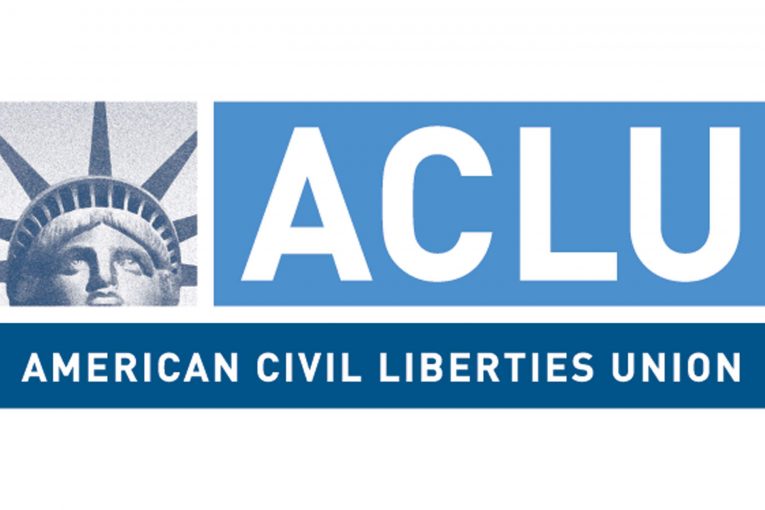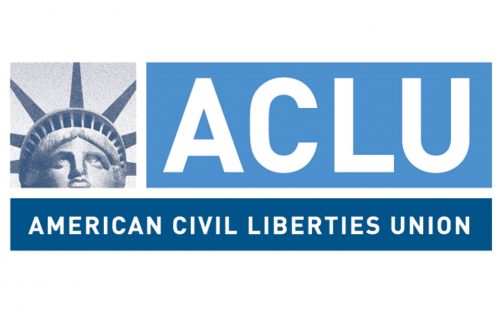

By Cynthia Hoang-Duong
SACRAMENTO, CA – Addressing the chair of the Task Force to Study and Develop Reparations and its members via email in January, the executive directors of ACLU California affiliates endorsed the Task Force’s work and Interim Report published on June 1, 2022.
The ACLU noted it has been an advocate of the Task Force’s Assembly Bill 3121 which established the Reparations Task Force to study slavery and its ramifications for current African Americans.
This includes developing recommendations to provide remedies for African Americans through compensation, rehabilitation, and reinstitution. The bill was endorsed by former assemblywoman Shirley Weber.
The ACLU also expressed its appreciation of the Task Force’s efforts in drafting a 500-page report of its observations of the ongoing and worsening harms African Americans continue to suffer from slavery.
The email relayed the statistical findings of the Interim Report, citing the “almost four-fold disparity in Black children being placed in foster care to the nearly tenfold racial wealth gap between white and Black households.”
As part of its work, the report suggested legislative actions for the California Legislature to consider in order to address those harms, including homelessness, housing, prison labor, education, and family regulation.
Relying on the report, the ACLU affiliates said they have started to assess their recommendations to determine the issues that are relevant to their mission. The executive directors recognized the report’s emphasis on the adverse effects of slavery and racial discrimination in California over the decades.
The ACLU corroborated these findings with their 2019 project: Gold Chains: The Hidden History of Slavery in California.
The ACLU also recalled their previous actions to protect the civil liberties of Americans, including its support of the Civil Liberties Act’s reparations for World War II’s incarceration of individuals of Japanese ancestry.
For cases heard by the Supreme Court, the ACLU noted it engaged in legal proceedings. A year later, in 1989, the ACLU endorsed HR 40, a federal bill introduced to Congress that studied and proposed reparation recommendations.
The email celebrated the importance of the Task Force’s report which expanded the concepts found in other major reports and books, including W.E.B. DuBois’ Black Reconstruction and Pauli Murray’s exhaustive States’ Laws on Race and Color.
The ACLU executive directors, on behalf of their members, also expressed gratitude for the Task Force’s work, such as their consultation processes and public hearings.
Two ACLU California affiliates testified in this process: ACLU of Northern California Racial and Economic Justice Director Brandon Greene and national ACLU President and NYU Professor Deborah Archer.
The ACLU encouraged all Californians, including politicians and residents to review the Interim Report and consider its policy proposals. Concluding the email, the executive directors expressed their anticipation of the following report which will be issued this year.
“We believe your work and the recommendations that will follow are important not just for California, but also as a model for what we need to do as a country,” said the ACLU.





Seems that the ACLU has not considered the fact that Asians, Hispanics, Native Americans (as well as any recent immigrants from anywhere) would be forced to pay reparations under any scenario. In fact, so would black people, though they would receive more than they pay.
You can’t make “white people” (alone) “pay”, much as the ACLU or others would prefer to make it that way. (Seems to me that the ACLU has finally abandoned all pretense regarding the abandonment of their original mission.) Might be more accurate to call them a branch/extension of Black Lives Matter.
Using the same logic endorsed by the ACLU, shouldn’t any black property owners also pay reparations to Native Americans, since they benefited from the white supremacist system (which displaced Native Americans)? Or, is this something that the ACLU proposes to endorse separately?